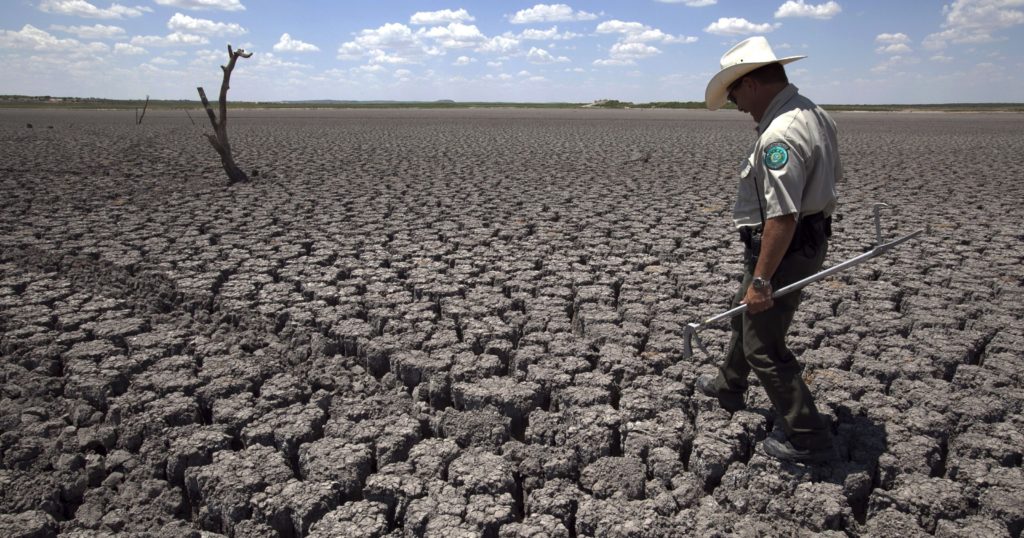Vince Heaney, Financial Times, August 19: Underpinned by the worst drought in the US midwest for decades, Chicago corn, wheat and soyabean futures prices have soared since June. For investors, this represents a source of opportunity, but is it acceptable to speculate in food? Rising food prices have a disproportionate impact on the
world’s poor and financial institutions are facing pressure for a clampdown on speculation in basic agricultural commodities.
Twenty five lobby groups, including Friends of the Earth Europe (FoEE), are currently urging European governments to use this autumn’s review of Mifid (the Markets in Financial Instruments Directive) to curb financial speculation in food and other commodity derivatives markets. They are advocating strict position limits and banning financial entities from speculating in commodity markets. In a report published earlier this year, Farming Money , FoEE called for a ban on institutional investors and investment funds investing in food commodity derivatives, commodity index funds, and commodity exchange traded products (notes and funds).
“Food prices are increasing, partly due to drought in the US and biofuel production, but we fear that speculation will drive prices even higher,” says Anne Van Schaik, accountable finance campaigner at Friends of the Earth Europe. “If we do not take any action right now, we may very well face another food crisis really soon.”
Even when regulators are willing, however, the transition from high level agreement to detailed regulations can be a tortuous one. The US Dodd-Frank Act mandated the Commodity Futures Trading Commission to introduce tougher position limits on futures and swaps, but the rules were watered down after lobbying by Wall Street and were the subject of a legal challenge by the International Swaps and Derivatives Association and the Securities Industry and Financial Markets Association. It has also taken the CFTC until July this year to settle on a definition for swaps to enable the rules to be implemented.
Some European financial institutions, however, are not waiting for regulatory action and have already changed their stance on agricultural commodities. In its Annual Report on Responsible Investment and Governance published in March, Nordea said it had “decided to no longer produce any wrapped investment products where basic food commodities are included in underlying assets”. In a similar fashion, Deutsche Bank in its 2011 Corporate and Social Responsibility Report published in March, said, “we recognise that the proper functioning of agricultural markets has wide social ramifications” and that it “will refrain from launching new staples-based public exchange traded products this year”.
Last week Austria’s Volksbanken distanced itself from further food commodity-based funds, joining a list that also includes Commerzbank, DekaBank and Landesbank Baden-Württemberg.
Underlying both the banks’ decisions and the position of the advocacy groups is the argument over the impact of speculative activity on prices. Deutsche Bank occupies the middle ground, arguing that agricultural prices at their core are driven by fundamental factors, but that more research is needed on the true impact of speculation.
On one side of the argument Finance Watch, a Brussels-based public interest advocacy group, argued in a report this April (Investing not Betting), that excessive commodity speculation raises prices artificially and damages the market for real buyers and sellers. Others, however, strongly disagree.
“The size of the financial market in commodities is tiny in comparison with the physical market and it is the physical market that sets prices – the tail doesn’t wag the dog,” says Guy Wolf, macro strategist at commodities broker Marex Spectron. “The futures market is a forum for buyers and sellers to hedge their exposure that benefits both parties and in fact we need more speculation to help absorb volatility.”
With any attempt to rein in speculative activity, the difficulty is in knowing where to draw the line. Even FoEE’s report admits that speculators can bridge the gap between buyers and sellers and provide liquidity in the market, and so the answer to excessive speculation may not be an outright ban on agricultural commodity futures. Similarly, Finance Watch’s report states that “speculation only brings social value when it remains a minority activity”.
If restrictions were introduced, for many funds asset allocations would not alter significantly. According to Mercer’s 2012 European Asset Allocation Survey, one third of European (ex UK) plans with more than €2.5bn in assets had an exposure to commodities, but the average allocation was only 1.9 per cent and agriculture would be only one potential component of this.
However, some argue for a far higher allocation. In his latest quarterly letter to investors Jeremy Grantham, chief investment strategist at GMO, argues that “we are five years into a severe global food crisis that is very unlikely to go away” and with his own Foundation’s capital is building towards a 30 per cent exposure to resource-related investments. If more people come round to Mr Grantham’s viewpoint, it will only add to the pressure for a clampdown on speculation in food.

